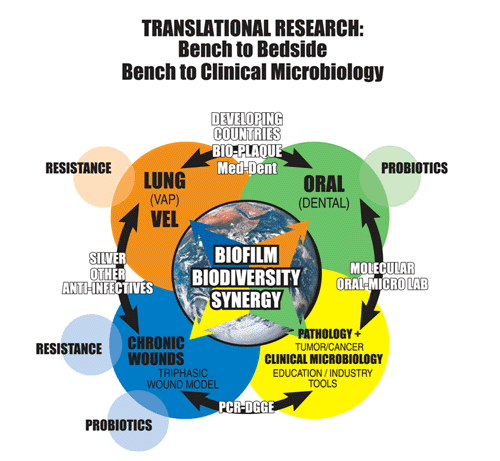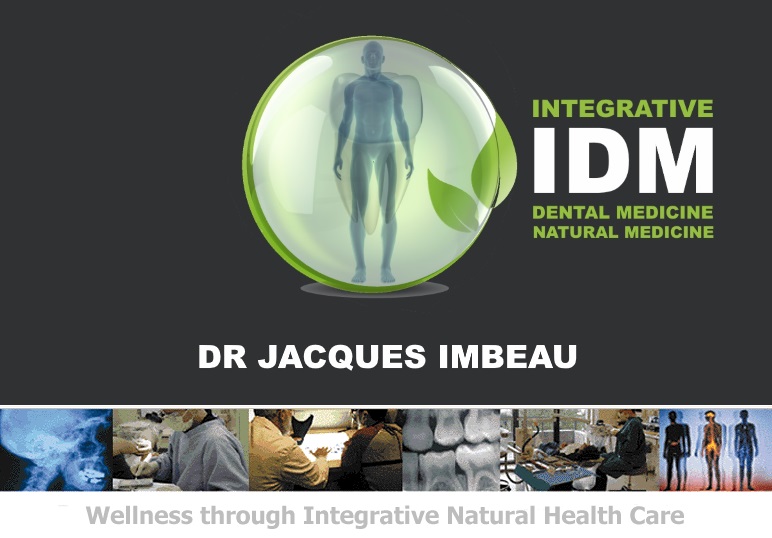A
Healthy Mouth For A Healthy Body
|
Taking care of your mouth, teeth
and gums isn't just a matter of good grooming and
aesthetics. It can prevent infections, and maybe
even diseases, throughout your body.
Taking
good care of your mouth, teeth and gums is a
worthy goal in and of itself. Good oral and
dental hygiene can help prevent bad breath, tooth decay and gum disease — and can help you
keep your teeth as you get older.
Researchers
are also discovering new reasons to brush and
floss. A healthy mouth may help you ward off
medical disorders. The flip side? An unhealthy
mouth, especially if you have gum disease, may
increase your risk of serious health problems
such as heart attack, stroke, poorly controlled diabetes and
preterm labor. Studies in post-menopausal women
suggest that bone loss in the lower jaw may
precede the skeletal bone loss seen in osteoporosis.
The
case for good nutrition, oral health and hygiene
keeps getting stronger. Please make sure you
understand the importance of oral health —
and its connection to your overall health.
What's
in your mouth reveals much about your health
What
does the health of your mouth have to do with
your overall health? In a word, plenty.
Many
conditions cause oral signs and symptoms
Your mouth is a window into what's going on in
the rest of your body, often serving as a helpful
vantage point for detecting the early signs and
symptoms of systemic disease — a disease
that affects or pertains to your entire body, not
just one of its parts. Systemic conditions such
as AIDS or diabetes, for example, often first
become apparent as mouth lesions or other oral
problems. In fact, according to the Academy of
General Dentistry, more than 90 percent of all
systemic diseases produce oral signs and
symptoms.
Protection
against harmful invaders: How saliva disables
bacteria and viruses
Saliva
is also one of your body's main defenses against
disease-causing organisms, such as bacteria and
viruses. It contains antibodies that attack viral
pathogens, such as the common cold and HIV. And
it contains proteins called histatins, which
inhibit the growth of a naturally occurring
fungus called Candida albicans. When
these proteins are weakened by HIV infection or
other illness, Candida can grow out of control,
resulting in a fungal infection called oral
thrush.
Saliva
also protects you against disease-causing
bacteria. It contains enzymes that destroy
bacteria in different ways, by degrading
bacterial membranes, inhibiting the growth and
metabolism of certain bacteria, and disrupting
vital bacterial enzyme systems.
The
problem with dental biofilms: Links to infections
and diseases
Though
your saliva helps protect you against some
invaders, it can't always do the job. More than
700 microbial species thrive in your mouth at any
given time. If you have a poor diet, rich in
processed foods, bacterial growth will reach
unhealthy levels. Cariogenic foods allow these
bacteria to constantly form a greater amount of
dental plaque — a sticky, colorless film
that can cling to your teeth and cause health
problems. Cariogenic foods also impair the
natural defense mechanism of your teeth which is
based on dentinal fluid transport ( DFT ). Even
if the food is not in your mouth, it can still
affect DFT as it is under a systemic hormonal
control. Weakened fluid transport allow bacteria
to invade and colonize the tooth structure and
cause decay and infections.
Bacteria
and fungus can also colonize and live inside the
roots of dead teeth and even in diseased bone.
Bacteria exposed to toxic metals such as mercury
can become resistant to mercury and also develop
a cross resistance to antibiotics. Microbial
toxins can have a detrimental effect on you mouth
as well as the rest of your body.
YOUR
MOUTH AS INFECTION SOURCE
|
If you regularly eat junk foods, have a diet rich
in refined and processed foods and poor in
nutrients, if you don't brush and floss regularly
to keep your teeth clean, plaque can build up
along your gumline, creating an environment for
additional bacteria to accumulate in the space
between your gums and your teeth. This gum
infection is known as gingivitis. Left unchecked,
gingivitis can lead to a more serious gum
infection called periodontitis. The most severe
form of gum infection is called acute necrotizing
ulcerative gingivitis, also known as trench
mouth. If you have dead teeth, they can also be a
source of microbial infection, even if you have
no pain. Research has shown that many chronically
infected teeth do not cause any pain and the same
is true in many cases of chronically infected
gums. So to rely on pain as an indicator of oral
infection is not a good idea.
Bacteria
from your mouth normally don't enter your
bloodstream. However, invasive dental treatments
— sometimes even just routine brushing and
flossing if you have gum disease — can
provide a port of entry for these microbes.
Medications or treatments that reduce saliva flow
and antibiotics that disrupt the normal balance
of bacteria in your mouth can also compromise
your mouth's normal defenses, allowing these
bacteria to enter your bloodstream.
If
you have a healthy immune system, the presence of
oral bacteria in your bloodstream causes no
problems. Your immune system quickly dispenses
with them, preventing infection. However, if your
immune system is weakened, for example because of
a disease or cancer treatment, oral bacteria in
your bloodstream (bacteremia) may cause you to
develop an infection in another part of your
body. Infective endocarditis, in which oral
bacteria enter your bloodstream and stick to the
lining of diseased heart valves, is an example of
this phenomenon.
CLICK HERE TO READ: An
Overview of Oral Biofilms: Architect of Disease,
Head to Toe, Tooth to Lung by Professor John G.
Thomas PhD.

*
Courtesy of Professor John G. Thomas
|

